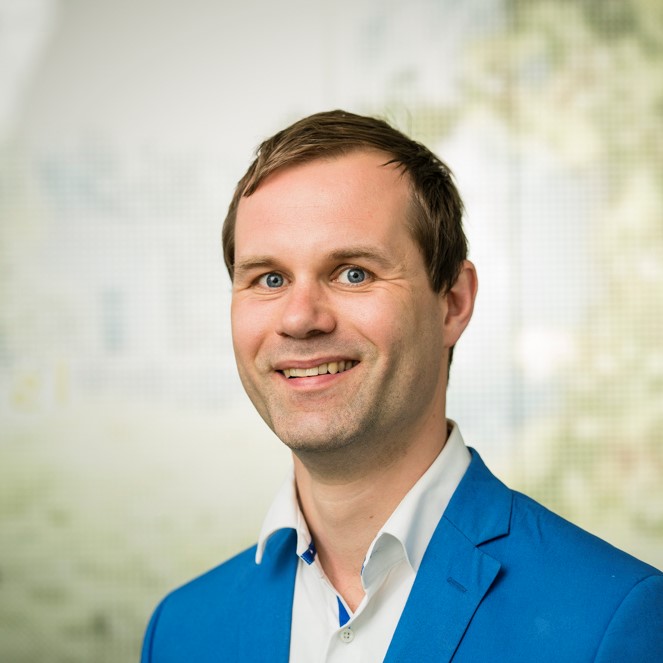
Peter Lugtig
Read Peter's Bio
Background
Peter Lugtig works as an associate professor at the department of Methodology and Statistics at Utrecht University, where he specializes in survey methodology, which includes inferences using a mix of survey data and big data and the modelling of survey errors, and the use of sensor technology in smartphones. He has published extensively on the methodology of panel studies, especially on dropout from panel studies. In the last few years, he has been involved in several studies that use smartphone-apps to record both survey data, and sensor data over time. He is a senior researcher at Statistics Netherlands, and has worked with Statistics Netherlands to use smartphone-apps as an innovative way to produce statistics on topics such as time use, travel behavior and household budget.
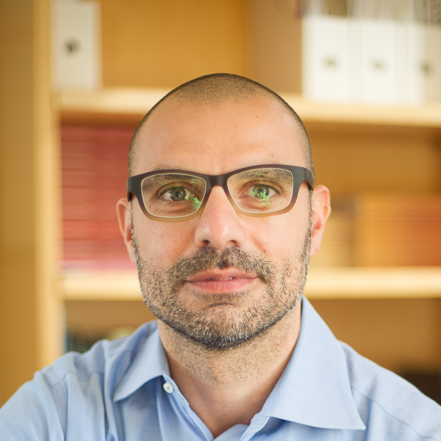
Marco Angrisani
Read Marco's Bio
Background
Marco Angrisani (Ph.D., Economics), is an Economist at the Center for Economic and Social Research at the University of Southern California. His primary research fields are household finance, labor economics, economics of aging, and applied microeconomics. Some of his current projects focus on analyzing household consumption, saving and investment behavior through both survey and transactional data, as well as on the role of cognitive ability and financial literacy in shaping financial decision making. His work also examines how job demands and the work environment influence retirement decisions. Angrisani’s research agenda features different aspects of survey methodology, from sampling and weighting techniques to measurement properties of questions eliciting household income, wealth, and expenditure. Angrisani is a team member of the Understanding America Study and the Gateway to Global Aging Data Repository.

Frances Barlas
Read Frances's Bio
Background
Dr. Frances Barlas serves as Vice President and Chief Research Scientist – KnowledgePanel for Ipsos. Dr. Barlas has over 20 years of experience designing and implementing survey research studies using multiple modes of data collection, with a primary focus in online research. In her current role, she is charged with overseeing and improving the statistical integrity and operational efficiency of the KnowledgePanel, Ipsos’s probability-based online panel that is designed to be representative of the US population. Dr. Barlas has successfully executed numerous research-on-research studies to advance industry knowledge on how to collect valid and reliable survey data. She holds a Ph.D. in Sociology from Temple University and has keen interest in innovative methods for survey research applications using online panels.
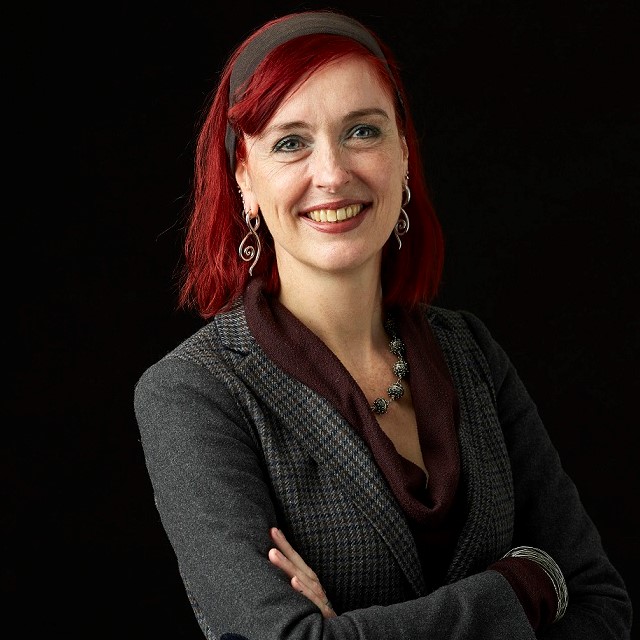
Wändi Bruine de Bruin
Read Wändi's Bio
Background
Wändi Bruine de Bruin is a Provost Professor of Public Policy, Psychology, and Behavioral Science at the University of Southern California, where she is affiliated with the Sol Price School of Public Policy, the Department of Psychology, the Schaeffer Center for Health Policy and Economics, and the Center for Economic and Social Research. She has published more than 130 peer-reviewed publications on the psychology of risk perception and communication, as applied to personal health, sustainability and climate change, as well as household finances. She is a fellow of the UK Academy of Social Sciences. She is a member of the editorial boards of the Journal of Experimental Psychology:Applied, the Journal of Behavioral Decision Making, Decision, Medical Decision Making, the Journal of Risk Research, and Psychology and Aging. She currently serves on the National Academy of Sciences committee on mask use and respiratory health.
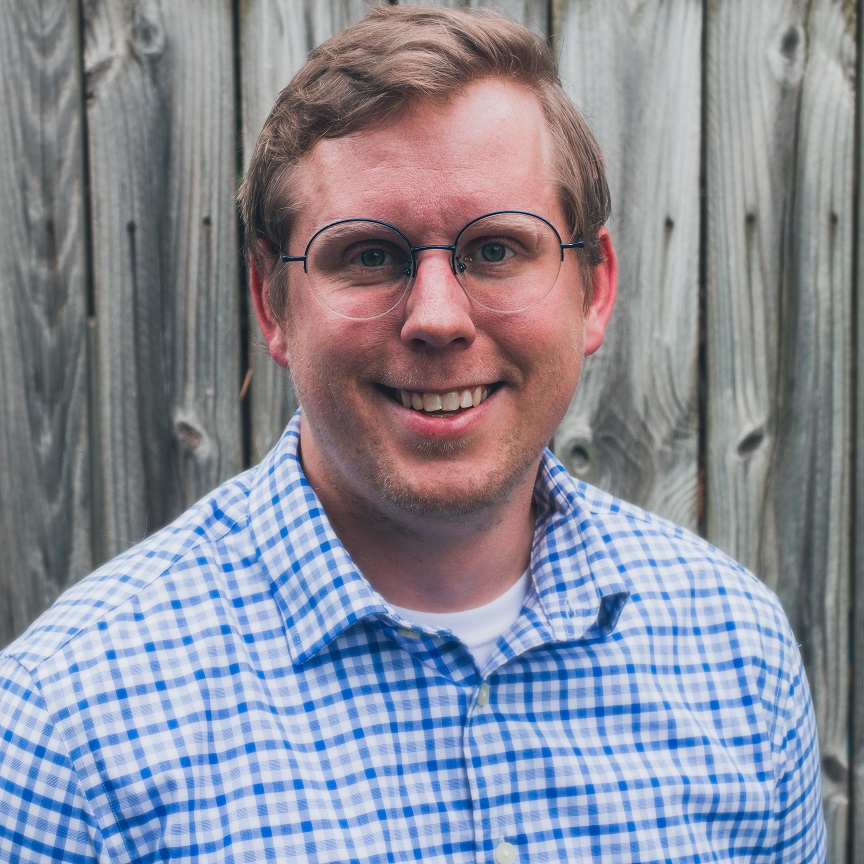
Andrew Camp
Read Andrew's Bio
Background
Andrew Camp is a Distinguished Doctoral Fellow and Graduate Assistant at the University of Arkansas’ Department of Education Reform. Andrew graduated in 2015 from the University of Nebraska with a Bachelor of Science in Sociology with a concentration in Inequality and Social Justice and a minor in Economics. After graduation he accepted a position as a Teach for America Corps Member. From 2015-2020, Andrew taught Life Science and Mathematics at several rural Arkansas high schools.
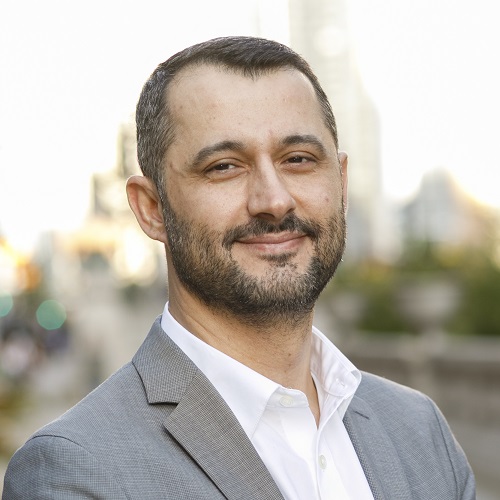
Necati Celik
Read Necati's Bio
Background
Dr. Celik has been part of the ongoing U.S. Financial Health Pulse study since 2019. His current research focuses on understanding the dynamics of financial health using survey and transactional data. Y

Heng Chen
Read Heng's Bio
Background
Heng Chen is a Research Advisor in the Currency Department at the Bank of Canada. His primary research interests center on understanding cash demand and usage through surveys and casual inference. Heng Chen received his PhD in economics from Vanderbilt University.
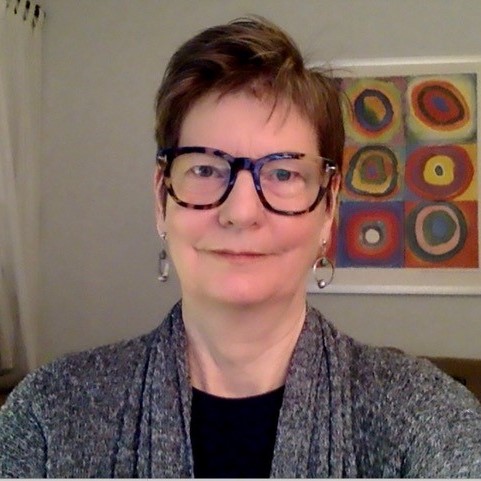
Jill Darling
Read Jill's Bio
Background
Jill Darling is Survey Director for the Understanding America Study in the Center for Economic and Social Research (CESR) at the University of Southern California. Prior to joining CESR in 2016, Jill was Survey Director at the VHA Research and Development Center for Healthcare Innovation, Implementation and Policy in Los Angeles. She spent the early part of her career doing polls and election related research at the Los Angeles Times.
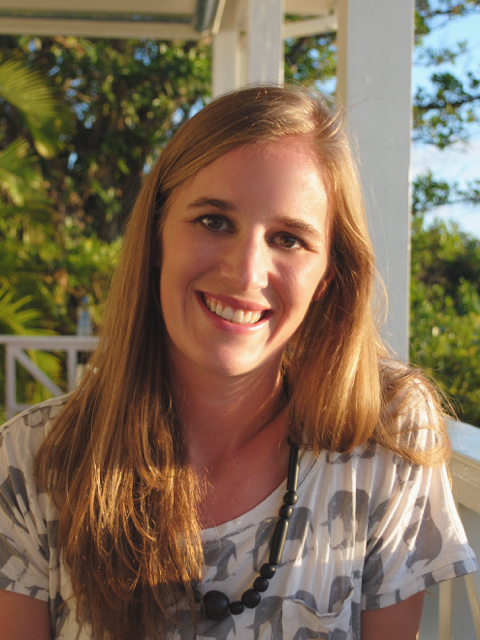
Sarah Dumas
Read Sarah's Bio
Background
Dr. Sarah E. Dumas is an epidemiologist in the Bureau of Epidemiology Services at the New York City Department of Health and Mental Hygiene. She is the Project Manager for the Health Opinion Poll (HOP), an online survey that measures New Yorkers’ knowledge, awareness, and opinions] about health, health care, and health-related programs and policies. She also oversees Healthy NYC, a new probability-based panel of NYC adults that has been used to facilitate rapid survey data collection to inform the agency’s response to the COVID-19 pandemic. Dr. Dumas received Bachelor’s in Biology from Pomona College and her Doctor of Veterinary Medicine (DVM) from Cornell University. In 2017, she completed her PhD at Cornell in epidemiology and international nutrition.
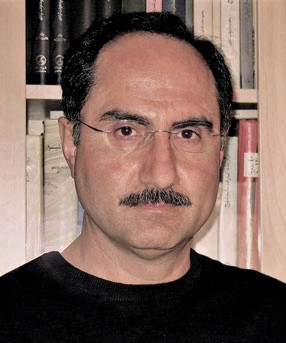
Mansour Fahimi
Read Mansour's Bio
Background
For 30 years, Dr. Mansour Fahimi has been providing statistical expertise and hands-on support for projects from design to delivery, investigating innovative refinements for market and survey research methods, and mentoring staff. Mansour works on design and administration of complex surveys for both public and private sector clients, as well as data enhancement methods, process optimization procedures, and program evaluation tasks. He has extensive experience with advanced data analysis techniques, particularly multivariate procedures for analysis of weighted data from complex surveys. In recent years Dr. Fahimi has been working on online data collection methods where his research and publications have focused on improving the inferential integrity of data from compromised samples. He has developed innovative calibration techniques to compensate for the limitations of data with unspecified representational properties, as well as data quality initiatives and procedures for elimination of fraudulent respondents.

Frank Graves
Read Frank's Bio
Background
Mr. Graves is one of Canada’s leading public opinion, social policy and public policy experts as well as being one of its leading applied social researchers. Under the leadership of Mr. Graves, EKOS has earned a reputation for creative and rigorous research in the areas of public policy, social policy and program evaluation and as a leader in innovative survey techniques and methodology. During his career he has directed hundreds of large-scale studies of Canadian attitudes to a vast array of issues. Mr. Graves is a Fellow of the Canadian Research Insights Council (CRIC) and an Honorary Fellow with the Calgary School of Public Policy. Mr. Graves sits on the Advisory Board of the Sprott School of Business and is an Adjunct Professor, Department of Sociology and Anthropology at Carleton University. Mr. Graves also sits on the Vaccine Confidence Task Force Group
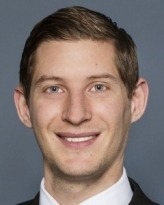
Sebastian Kocar
Read Sebastian's Bio
Background
Sebastian is a PhD Candidate at the ANU Centre for Social Research and Methods at the Australian National University. He holds a Master of Science degree in statistics and a bachelor's degree in communication sciences from the University of Ljubljana. He specializes in survey methodology, data analytics, data confidentiality protection, and higher education research. In his PhD research projects, Sebastian investigates survey errors, including non-response and measurement errors, with a particular focus on online panels and web surveys. He has also been involved in higher education research as a data collection and analytics consultant.
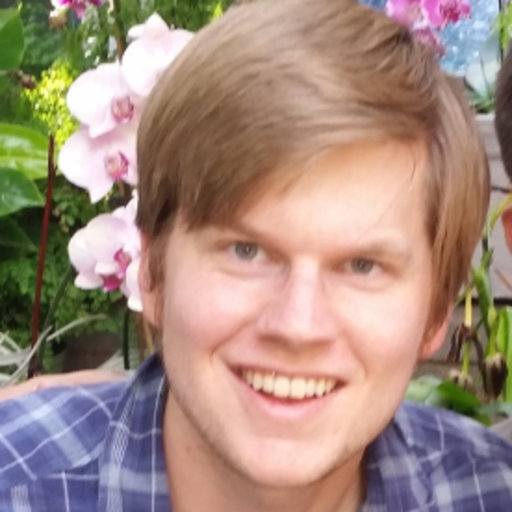
Matt Messel
Read Matt's Bio
Background
Matt Messel is an Economist in the Office of Research, Evaluation, and Statistics, Social Security Administration. His work focuses on the labor market experiences and economic well-being of individuals with disabilities.
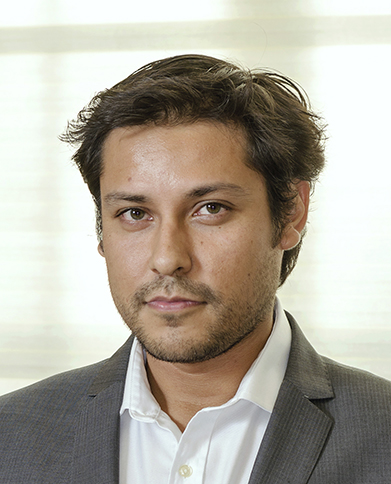
Ricardo Gonzalez
Read Ricardo's Bio
Background
Ricardo Gonzalez has an B.A. and M.A. in Economics, Pontificia Universidad Católica de Chile. He was the coordinator of the Public Opinion Program at Centro de Estudios Públicos as well as of the International Social Survey Program (ISSP) in Chile, both from September 2013 to January 2020. He is a founding member and Director of the Laboratory of Surveys and Social Analysis at Universidad Adolfo Ibáñez (https://leas.uai.cl/) in March 2020. LEAS is focused on measuring social change in Chile using innovative methods in survey research. He was awarded the World Association for Public Opinion Research (WAPOR)’s Elizabeth H. Nelson Prize in 2019. He is the author of academic articles and books on public opinion and comparative analyses.

Arie Kapteyn
Read Arie's Bio
Background
Arie Kapteyn Ph.D. is a Professor of Economics and the Executive Director of the Dornsife College of Letters Arts and Sciences Center for Economic and Social Research (CESR) at the University of Southern California. Before founding CESR at USC in 2013, Prof. Kapteyn was a Senior Economist and Director of the Labor & Population division of the RAND Corporation. He came to RAND after an almost twenty years stint at Tilburg University in the Netherlands, where he was professor of economics, dean, and founding director of several institutes. Much of Prof. Kapteyn’s recent applied work is in the field of aging and economic decision making, with papers on topics related to retirement, consumption and savings, pensions and Social Security, disability, economic well-being of the elderly, and portfolio choice. He is a pioneer in the development of new methods of data collection, using the Internet and mobile devices. He has about 20 years of experience in recruiting and running population representative Internet panels, including the CentERpanel (2000 respondents; the first probability Internet panel in the world) in the Netherlands, as well as the American Life Panel (6000 respondents) and the Understanding America Study (8500 respondents) in the US. He has conducted numerous experiments with the panels, concerning methods (e.g. optimal recruiting and survey design), substantive studies (including health and decision making), and measurement (self-administered biomarkers, physical activity, time use, weight and impedance measurement using advanced bathroom scales). Furthermore, he has been involved in telephone and in-person surveys on various continents. Dr. Kapteyn received an M.A. in econometrics from Erasmus University Rotterdam, an MA in agricultural economics from Wageningen University, and a Ph.D. from Leiden University, all in the Netherlands. He is a fellow of the Econometric Society and holds a knighthood in the order of the Netherlands Lion.
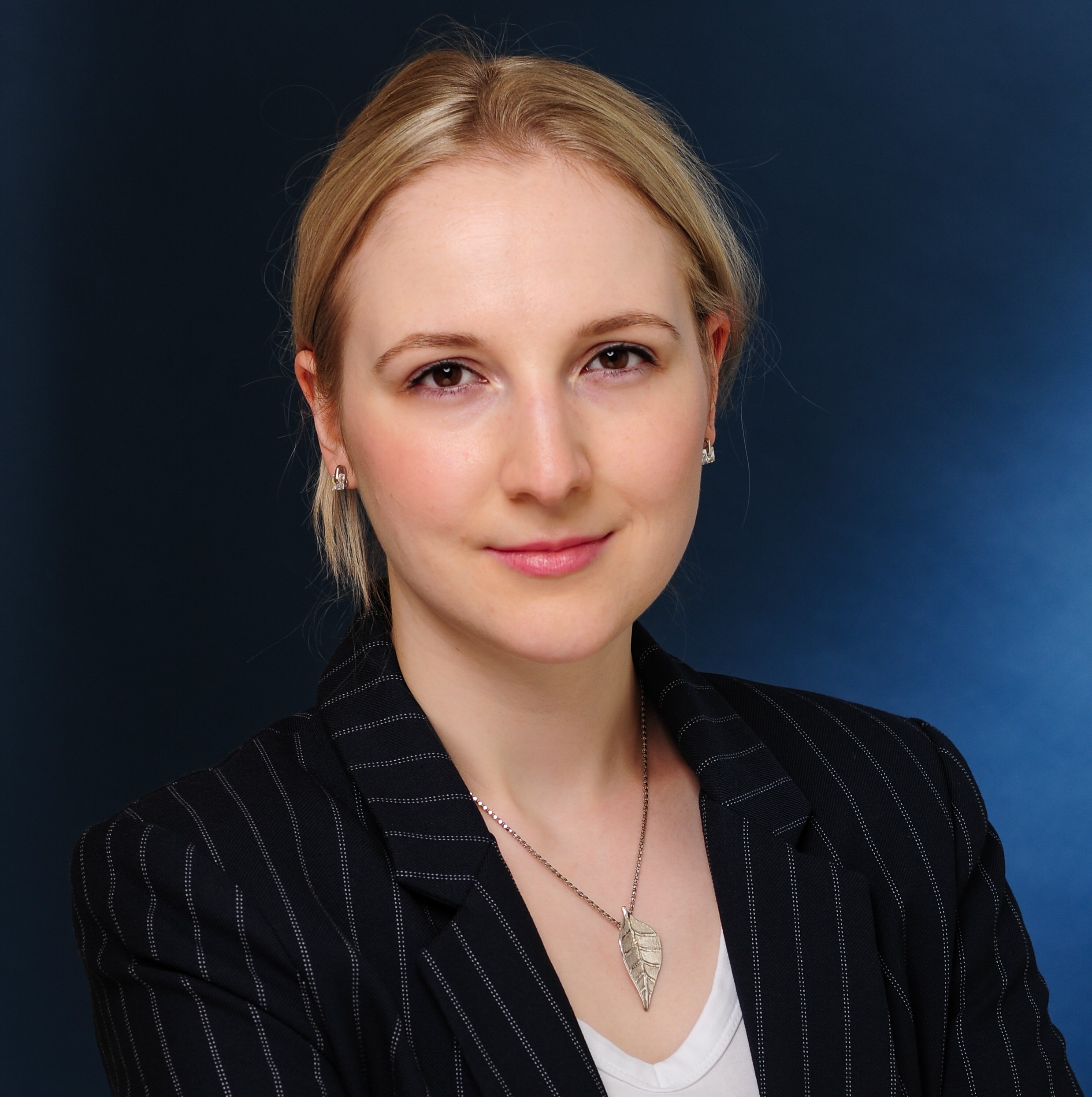
Fabienne Kraemer
Read Fabienne's Bio
Background
Fabienne Kraemer completed her bachelor's degree in sociology and media and communication studies at the University of Mannheim in 2015. In 2019, she received her Master's degree in Sociology and Empirical Social Research at the University of Cologne with a focus on Social Psychology and Economics. Since November 2019, she is a PhD student in the Survey Design and Methodology department at GESIS - Leibniz Institute of the Social Sciences. There, she works and conducts research within a third-party project funded by the German Research Foundation that investigates mechanisms of panel conditioning in longitudinal studies.
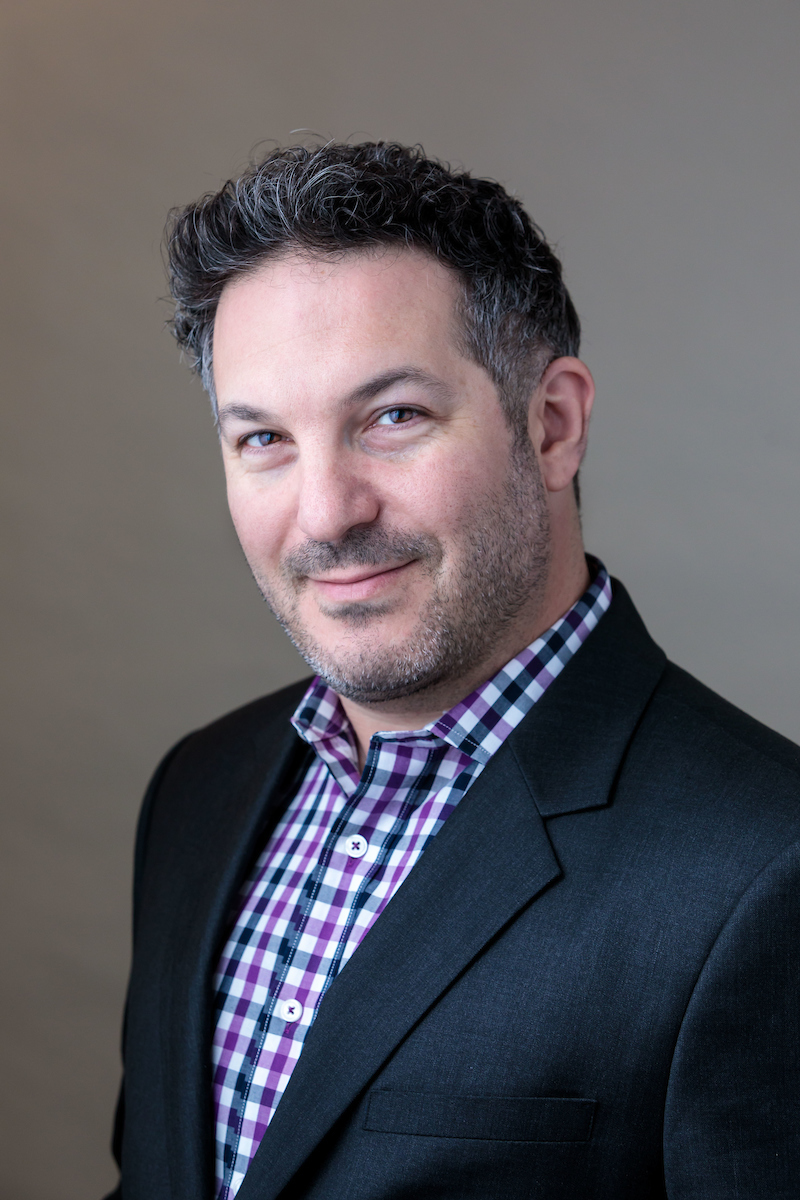
Mark Lush
Read Mark's Bio
Background
Mark Lush is Manager and Behavioral Scientist at the Behavioral and Economic Analysis and Decision-Making (BEAD) team at NORC at the University of Chicago. Mark received his B.A. in Anthropology from Oberlin College and M.A. in Social Sciences from the University of Chicago where he focused on financial decision-making and conducted original research investigating how users respond to required versus suggested credit card repayment amounts. Mark specializes in applying psychology and behavioral economics to design for behavior change. He has managed and administered focus groups, in-depth interviews, and behavioral design studies on topics related to financial decision-making, disclosure, and risk tolerance. He has spent over 15 years in the financial advice and insurance industries in both Australia and the U.S. He chairs the career and networking committee of the University of Chicago’s Social Science Alumni board and is co-organizer of the Chicago chapter of Action-Design Network, a non-profit whose purpose is to promote the use of behavioral economics and psychology in policy and product design.

Andrew Parker
Read Andrew's Bio
Background
Andrew M. Parker, Ph.D. is a Senior Behavioral Scientist at the RAND Corporation, Professor in the RAND Pardee Graduate School, and Senior Endowed Fellow within the RAND Center for Global Risk and Security. His research applies core concepts in behavioral decision research to the understanding of individual decision makers’ behavior in complex real-world situations, while leveraging a mixture of qualitative, quantitative, and simulation methods.

Benjamin Phillips
Read Benjamin's Bio
Background
Benjamin Phillips is a survey researcher and methodologist with 19 years of experience in academic and private sector positions working with government and non-profit clients. He is Chief Survey Methodologist at the Social Research Centre, Australia, where he applies best practices and develops new methods to reduce survey errors and costs and works on Life in Australia™, Australia’s only probability-based online panel. Prior to joining the Social Research Centre, Dr Phillips was a Senior Associate/Scientist at Abt Associates, and previously worked for Abt SRBI and Brandeis University. He holds a BA (Hons) with First Class Honours in Government and Public Administration and Jewish Civilisation, Thought and Culture from the University of Sydney, Australia, and an MA and Ph.D. in Sociology and Near Eastern and Judaic Studies from Brandeis University, Waltham, MA.
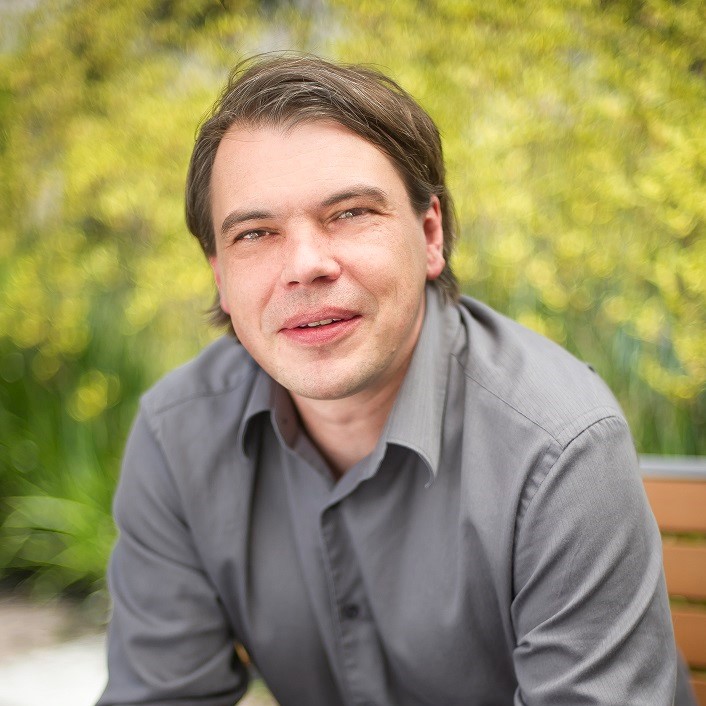
Stefan Schneider
Read Stefan's Bio
Background
Dr. Stefan Schneider is a Senior Research Scientist at the Center for Self-Report Science (CSS) and Center for Economic and Social Research (CESR) at USC. He graduated from Stony Brook University with a PhD in Social/Health Psychology. His research focuses on assessment and analysis methods to improve the measurement of health and wellbeing (e.g., pain, emotion, cognitive functioning), utilizing data from traditional self-reports, intensive longitudinal assessments (e.g., daily diaries, ecological momentary assessments), and paradata (e.g., response times).
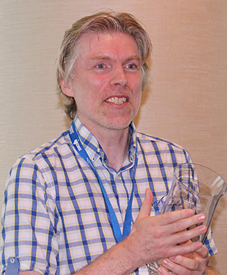
Matthias Schonlau
Read Matthias's Bio
Background
Dr. Schonlau is a Professor in the Department of Statistics and Actuarial Science at the University of Waterloo, Ontario, Canada. Prior to his current appointment he spent 14 years outside of academia at the RAND Corporation, the National Institute of Statistical Sciences, AT&T Labs and the German Institute for Economic Research, DIW. He has served as director of the Survey Research Centre at the University of Waterloo, as head of consulting at the RAND corporation, and he was on the board of the European Survey Research association. He was elected Fellow of the American Statistical Association. His interests include applied survey research -- in particular open-ended questions -- at the interface to statistical learning. His 80+ peer-reviewed papers have been cited more than 15,000 times.
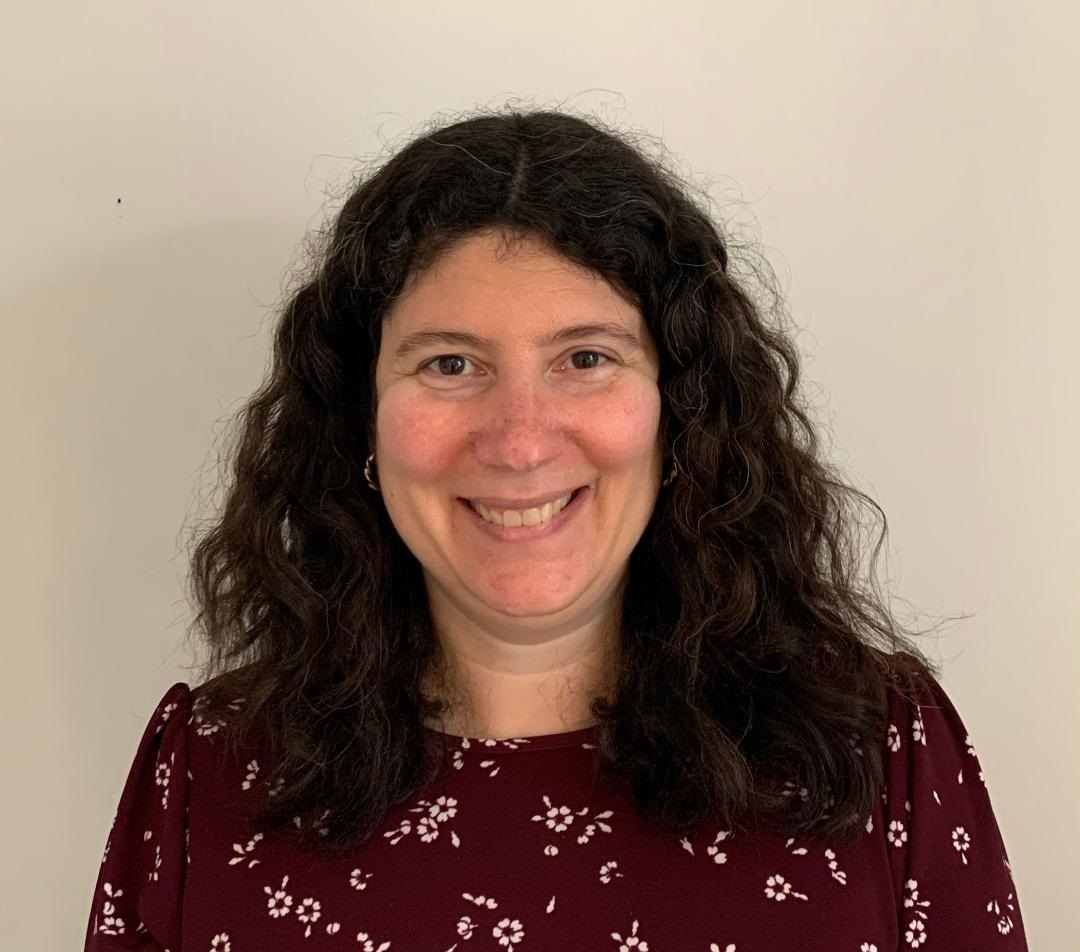
Amber Levanon Seligson
Read Amber's Bio
Background
Amber Levanon Seligson is the Director of the Surveys and Data Analysis Unit in the Bureau of Epidemiology Services at the New York City Department of Health and Mental Hygiene. The Surveys and Data Analysis Unit implements surveillance surveys that capture health indicators across the lifespan of New York City Residents, including the NYC KIDS survey about children, the Middle and High School Youth Risk Behavior Surveys about youth, and the Community Health Survey about adults. Under Amber’s leadership, new surveys have been added to the Health Department’s efforts to promote and protect the health of all New Yorkers: The Social Determinants of Health Survey and the Health Opinion Poll. Most recently, Amber has worked with colleagues throughout the Division of Epidemiology within the Health Department to launch the Healthy NYC Panel in 2020. Amber completed a Ph.D. in Government at Cornell University, and an Executive M.S. in Epidemiology at Columbia University.
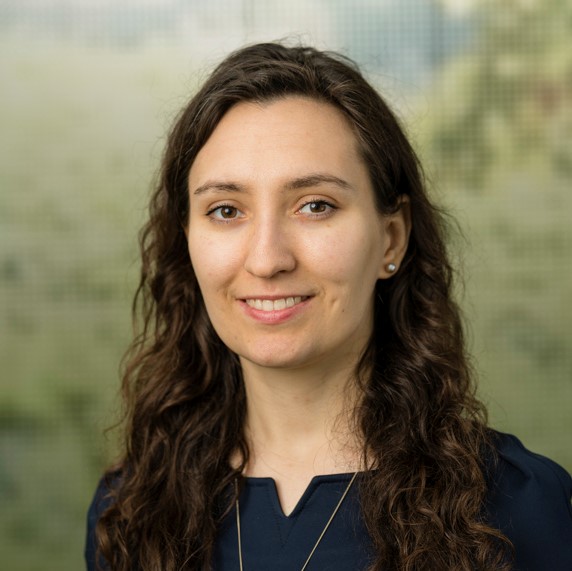
Bella Struminskaya
Read Bella's Bio
Background
Bella Struminskaya is an Assistant Professor of Methods and Statistics at Utrecht University. Her research focuses on the design and implementation of online, mixed-mode and smartphone surveys, and passive data collection. She has published on data quality, nonresponse and measurement error, panel conditioning, device effects, and smartphone sensor measurement.
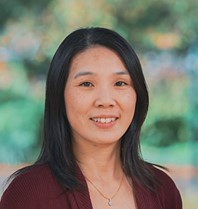
Winnie Teng
Read Winnie's Bio
Background
Winnie has over 10 years of experience as a data analyst in database development, reporting, user interface design, solution automation, and data visualisation. Winnie joined the Social Research Centre in 2015. She was the main analyst who developed the Social Research Centre’s Life in AustraliaTM database in 2016. She now manages a team of data analysts and data scientists. She drives innovation and best practices in the application of data science methods and tools to deliver complex projects. She provides technical leadership to the Data Science team, including evaluation and implementation of new systems and processes, quality assurance of the area’s output and training of staff. Winnie is also leading the Power BI data visualization effort in the Social Research Centre, developing interactive dashboards for users.

Peter G. van der Velden
Read Peter's Bio
Background
Peter G. van der Velden, PhD, is a health psychologist and senior researcher at CentERdata, the Netherlands, and specialized in stress, (collective) trauma, and mental health. He was professor of victimology, and mental health and disasters (2010- 2017) at Tilburg University. In the years before, he was a senior researcher and consultant at the Institute for Psychotrauma (1988-2013). He serves as an academic editor for PLoS ONE. /p>

Andrew Ward
Read Andrew's Bio
Background
Andrew Ward is Principal Statistician at the Social Research Centre, Melbourne, Australia. His interests and experience have focused on survey and official statistics along with scale construction and validation.

Bernd Weiß
Read Bernd's Bio
Background
Bernd Weiß is head of the GESIS Panel, a probabilistic mixed-mode access panel. He also serves as Deputy Scientific Director of the Department Survey Design and Methodology at GESIS – Leibniz Institute for the Social Sciences in Mannheim. His research interests range from survey methodology, methods of research synthesis, open science to family sociology and juvenile delinquency.
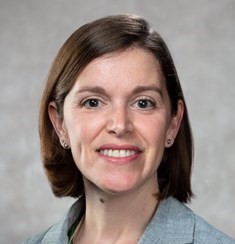
Gema Zamarro
Read Gema's Bio
Background
Gema Zamarro (Ph.D. Economics, CEMFI & UNED, Madrid (Spain), 2006) is a Professor (Full) and 21st Century Endowed Chair in Teacher Quality at the Department of Education Reform at the University of Arkansas. She is also adjunct Senior Economist at the USC Dornsife Center for Economic and Social Research (CESR). Dr. Zamarro has performed research on applied econometrics in the areas of education and labor economics. She has completed studies on heterogeneity in returns to education, on the relationship between teacher quality and student performance, on the effect of school closing policies on student outcomes, on the properties of value-added methods for estimating teacher quality, on the effect of dual-language immersion programs on student outcomes, and on the causal effect of retirement on health, among others. Her current research focuses on the measurement and development of character skills, determinants of gender gaps in STEM, the study of teacher labor markets and teacher pensions, and the gender and education impacts of the current COVID-19 crisis. Dr. Zamarro’s work has been featured numerous times in the media including Washington Post, Wall Street Journal, New York Times, USA Today, Los Angeles Times, Huffington Post of Chicago, Chalkbeat, NPR, Scientific American, CBS news, 4029News, Telemundo, KUAF radio, KTLA news, Kqed, EL Pais, Oregorian, and Arkansas Democrat Gazette, among others.